Ere-Ijesa
Foundation of Ere-Ijesa
Motivated, they stepped out from their different places in Old Oyo Kingdom, but like the patriarch Abraham, leaving the Ur of the Chaldeans for the Promised Land,
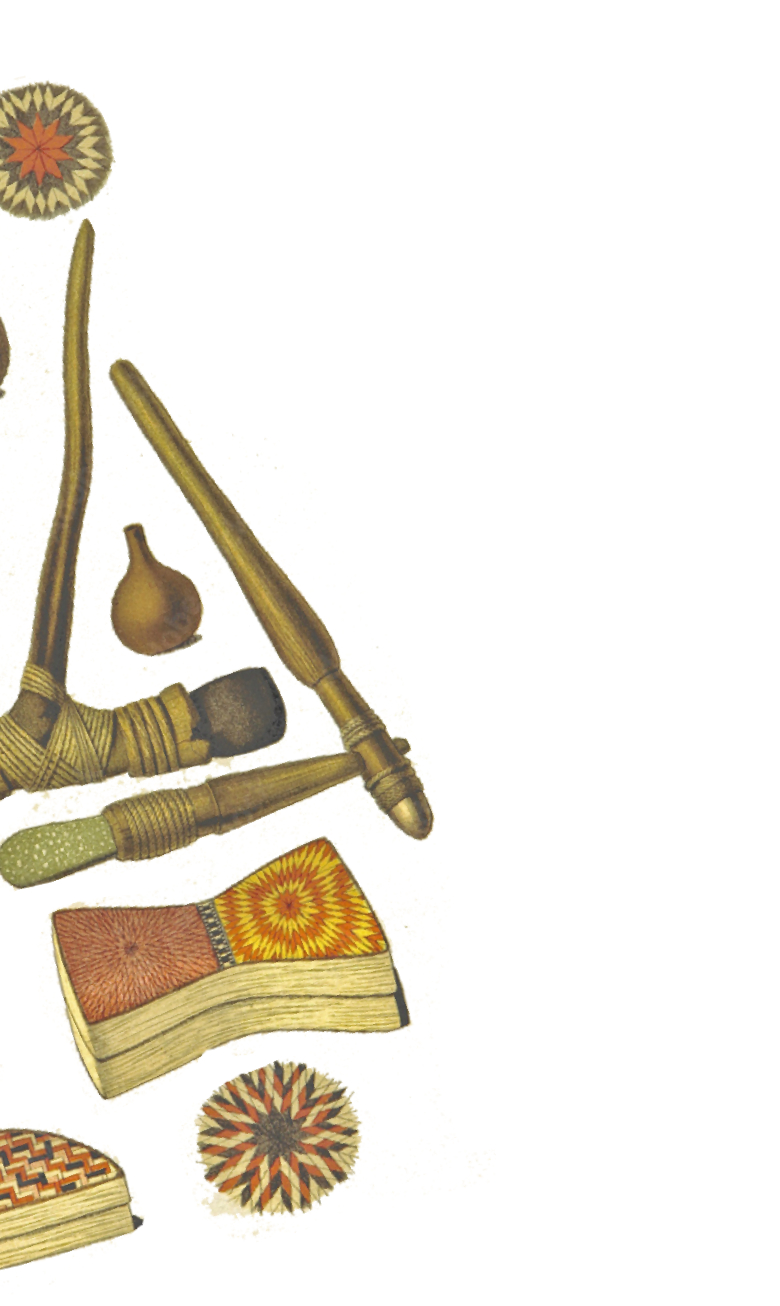
We never can tell now, if the duo of Ajatana and Odofin consulted any divination, some three odd hundred years ago when they came to settle in these parts. Discontent, the major mover of men from settled areas to frontier territories, played its part.
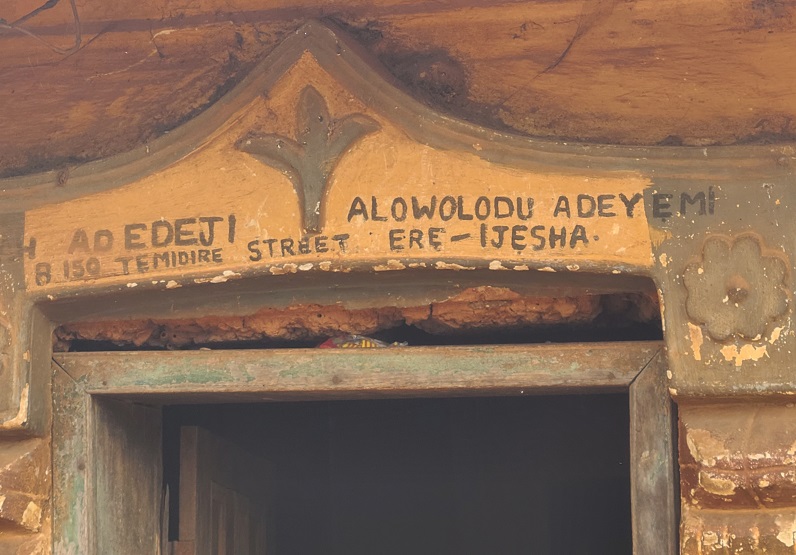
Motivated, they stepped out from their different places in Old Oyo Kingdom, but like the patriarch Abraham, leaving the Ur of the Chaldeans for the Promised Land,
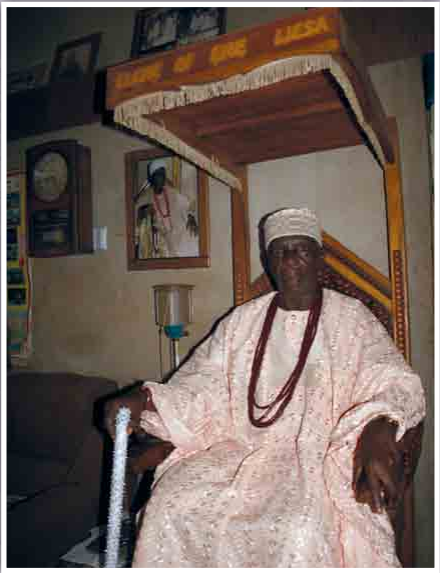
Divine Providence guided their journeys until they settled in this beautiful land of forested hills and flowing rivers, of fertile soil and whispering brooks, brooks like that of Koje, on which the town prides itself.The land, drinking its fill of the rain of heaven had its cup running over.
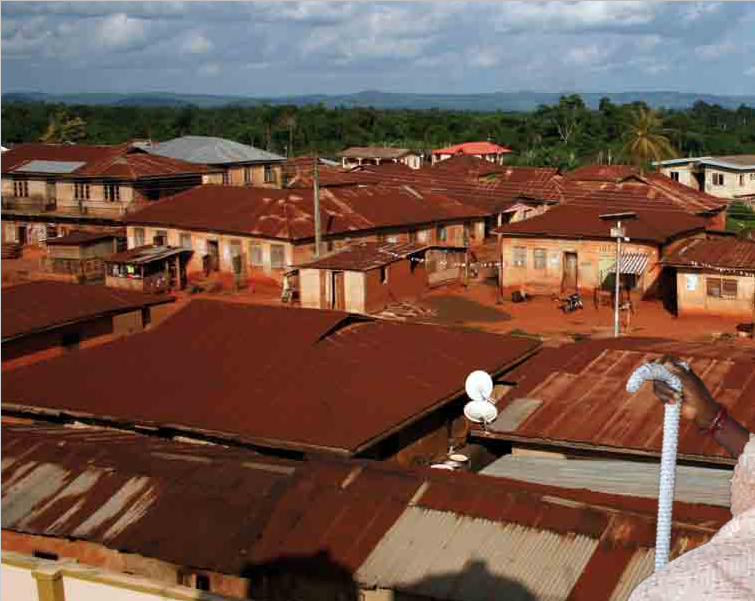
This resulted in a system of swamps around the lowland surrounding this settlement. Wayfarers wading through this swamp gave the name to this town on the rise of ground. One inquiring from the other his route to the point of meeting, responded that:Oke ere n’beun ni mo gba wa (I got here through the rise from the swamp).
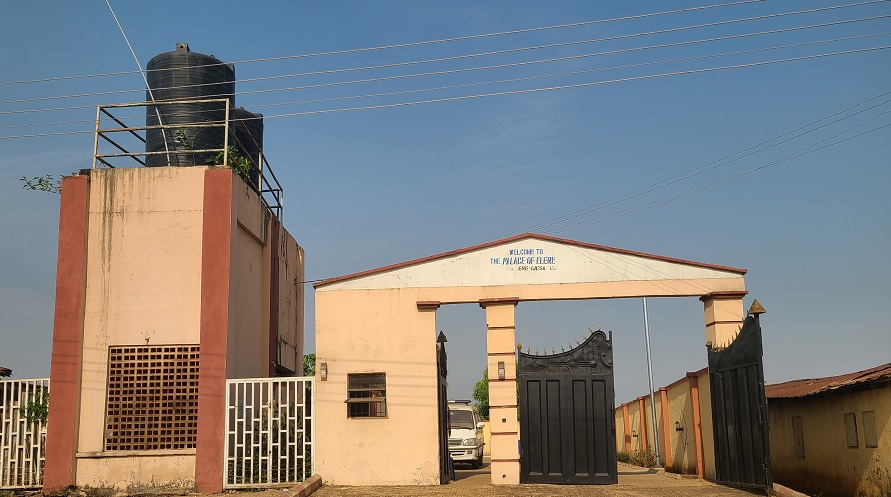
With rapprochement to the royal stool at Ilesa, the place became known as “Oke Ere ‘Jesa.” Common usage soon took the “Oke” out of the equation and we have the popular Ere-Ijesa standing as a town, now, of about 3,000 souls living in a little over 300 houses spread over some 3 square kilometers, some 5 kilometers from Ijebu-Ijesa on the road to Ilahun in Oriade Local Government of Osun State.
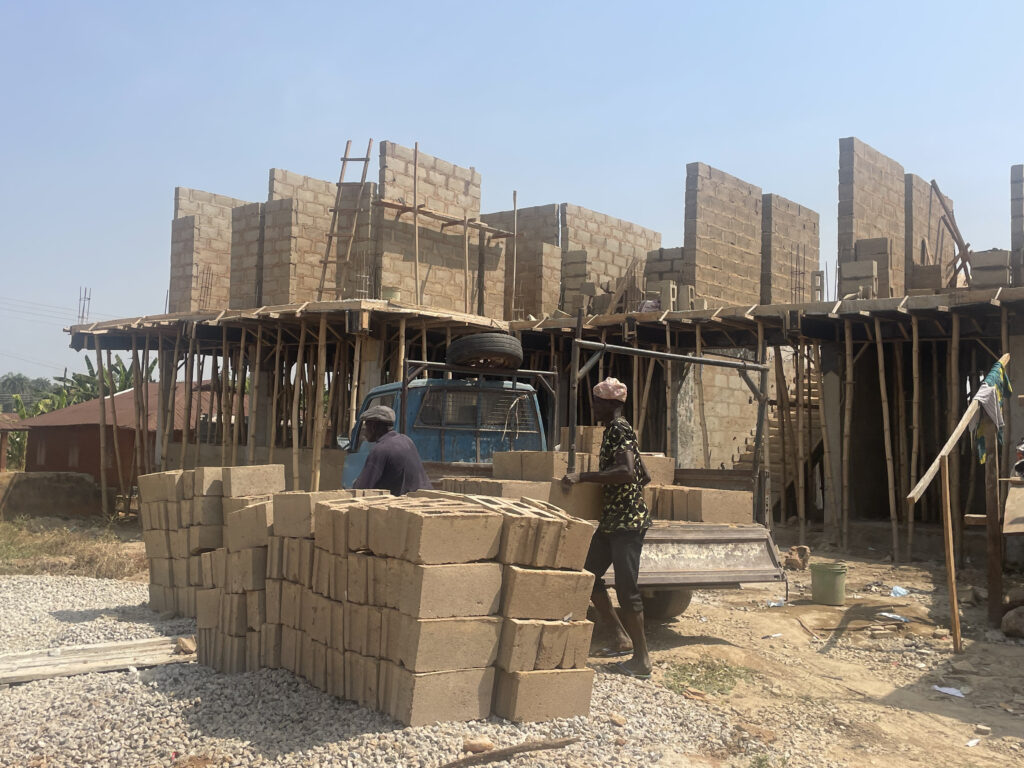
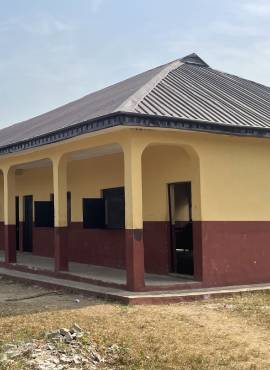
Ere-Ijesa has witnessed remarkable development in recent years, thanks to the efforts of its indigenes and the Ere-Ijesa City Improvement Union (ECIU). The ECIU, established by concerned citizens of Ere-Ijesa, has been instrumental in driving socio-economic development in the town. Key projects initiated by the ECIU include:
Ere-Ijesa’s economy is primarily agrarian, with cocoa being a major cash crop. The town’s farmers, often referred to as “Abeja gboro” (those who bring prosperity from afar), have traditionally relied on crops like kolanuts, oil palm, yam, cassava, and maize for their livelihoods. In recent years, the ECIU has introduced initiatives to diversify the local economy, including aquaculture, rabbitry, and snail farming. The Ere City Microfinance Bank plays a crucial role in providing financial support to farmers and small business owners, enabling them to expand their operations and improve their standard of living.

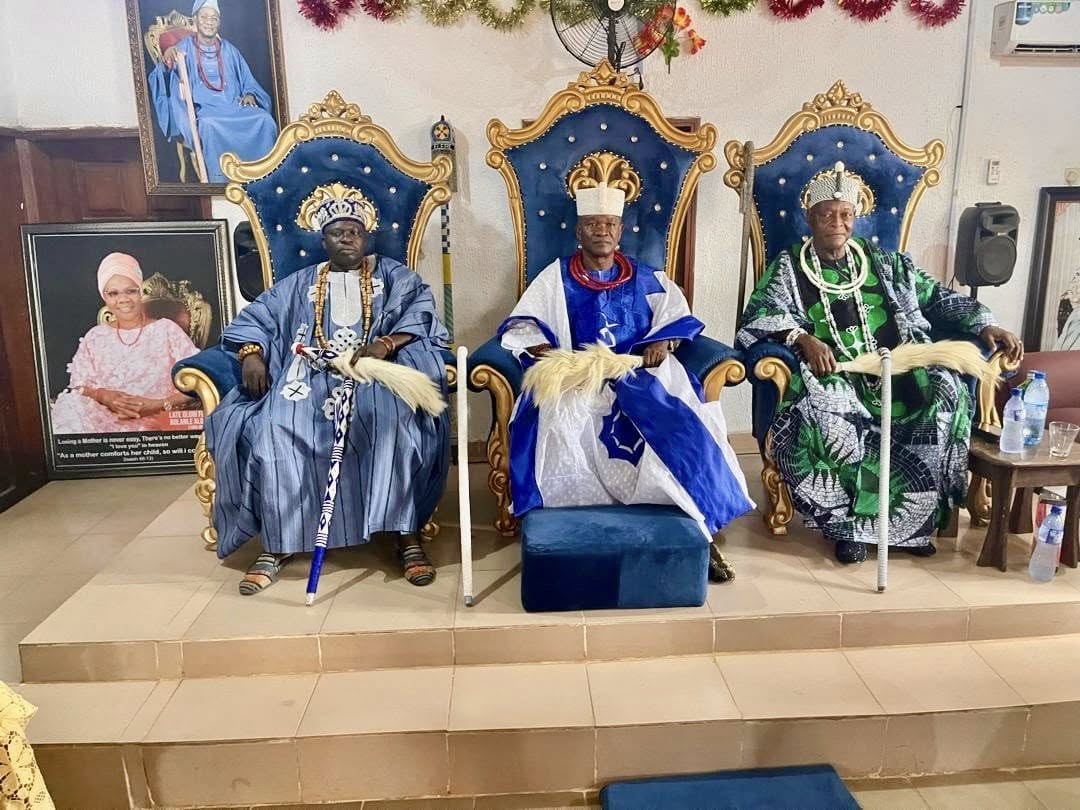
Ere-Ijesa is a town with a rich cultural heritage, reflected in its praise poetry (Oriki) and traditional festivals. The town’s Oriki celebrates its valiant sons and daughters, emphasizing unity and collective effort in the development of the community. The annual Ere Praise Day, held every December, is a significant cultural event that brings together indigenes from home and abroad to celebrate the town’s progress and heritage.
The Onikoje Football Club, named after one of the town’s historical figures, is a source of pride for the community. The club has participated in various exhibition matches, including one held in honor of Oba Augustine Adenipekun Alowolodu’s coronation.
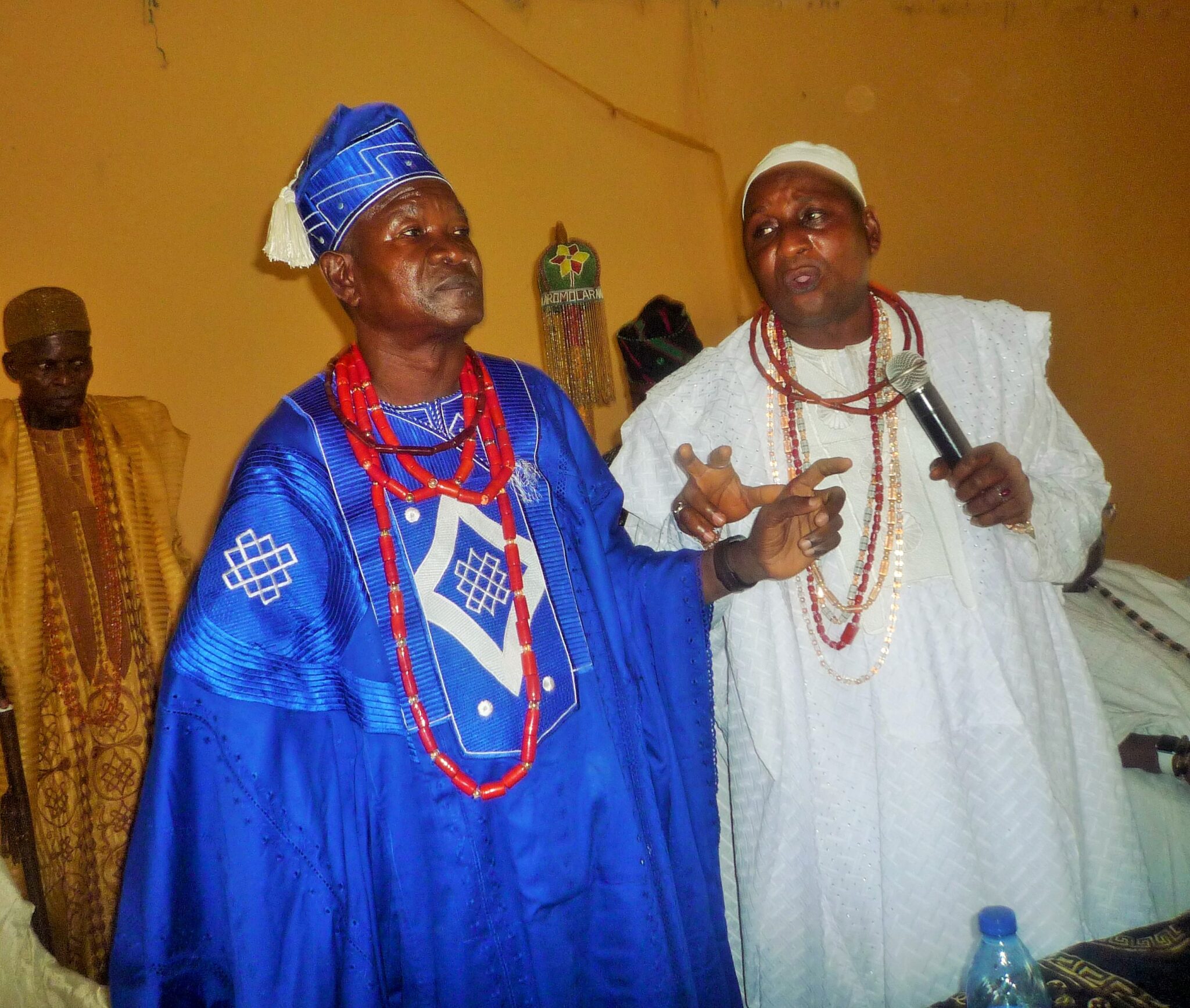
In recent years, Ere-Ijesa has continued to make strides in development. The commissioning of the Agba Akin Solar-Powered Borehole on August 3, 2024, marked a significant milestone in providing clean and sustainable water to the community.
The foundation laying of the Adeyeye-Akinjobataogun Recreation and Resort Center (A-ARC) by Oba Augustine Adenipekun Alowolodu signifies the town’s commitment to creating a hub for leisure, entertainment, and economic growth.
The community has also celebrated the achievements of its indigenes, such as Deputy Comptroller-General (DCG) Kikelomo Iyabode Adeola, who was appointed to head the ICT/Modernization Department at the Nigerian Customs Service. Her promotion is a testament to the town’s emphasis on education and excellence.
